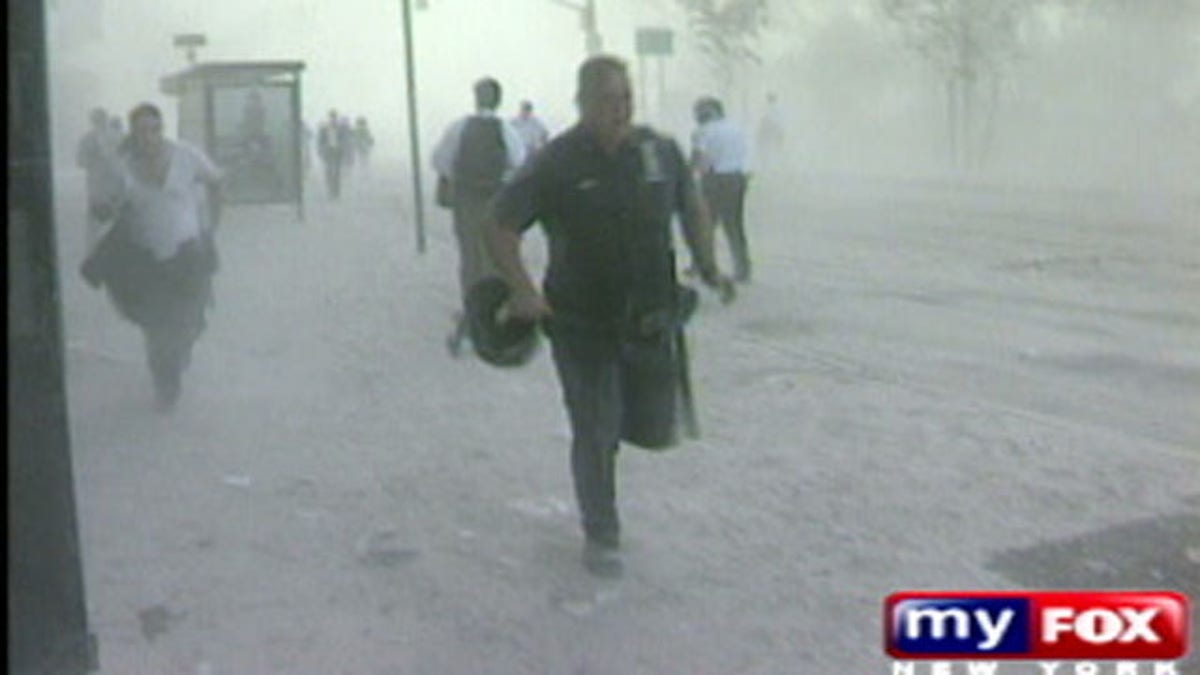
myfoxny.com (WNYW New York)
Firefighters who worked at Ground Zero are 19 percent more likely to have cancer than their colleagues who did not work at the site, according to newly published research that could pave the way for government payments to those suffering from some types of cancer, The Wall Street Journal reported in its Friday edition.
The research marks the first substantive findings on the difficult question of whether working at the World Trade Center site increased cancer risk. For years, firefighters, police officers and construction workers have argued that there is overwhelming anecdotal evidence that work at Ground Zero caused cancer, while researchers continue to caution that it will take 20 or 40 years to prove such a link.
Published in the Sept. 3 issue of the Lancet, the research led by Dr. David Prezant, the head doctor for the New York Fire Department, concludes that an association between World Trade Center exposure and cancer is "biologically plausible" due to findings of "a modest excess of cancer in exposed firefighters."
The study's authors also cautioned against drawing broader conclusions, saying it would be wrong to assume that because cancer is more likely among World Trade Center firefighters, it is also more likely among other groups of people exposed to the site.
"This is not an epidemic but an increased risk," Prezant said Thursday. He added that, at minimum, the study is a reminder for first responders and others to heed doctors' advice on tumor screenings and to participate in cancer monitoring programs.
Advocates for Ground Zero responders and New York lawmakers will try to use the study to try to convince officials overseeing a new Sept. 11 health program to pay compensation to people who developed cancer after exposure to the site. The program's current rules do not allow for payment for cancer, but the rules can be revised.
Even some experts who support compensation for those who have contracted cancer, though, cautioned that the findings do not definitively prove Ground Zero work caused cancer. Dr. James Melius of the New York State Laborers' Health Fund, who reviewed the research, said the new information has limitations.
"It is a major study, but it is not definitive," he said. "We know cancers can take up to 40 years or more after exposure to appear, so we know we're nowhere near being able to count them all."
But Melius argues that there's little point to waiting 40 years -- by which time, presumably, many of the Ground Zero workers will have died -- to decide whether they are entitled to compensation for their illnesses.
"We ought to give responders the benefit of the doubt," he said.
For more stories from WNYW in New York go to myfoxny.com.
Follow us on twitter.com/foxnewslatino
Like us at facebook.com/foxnewslatino
